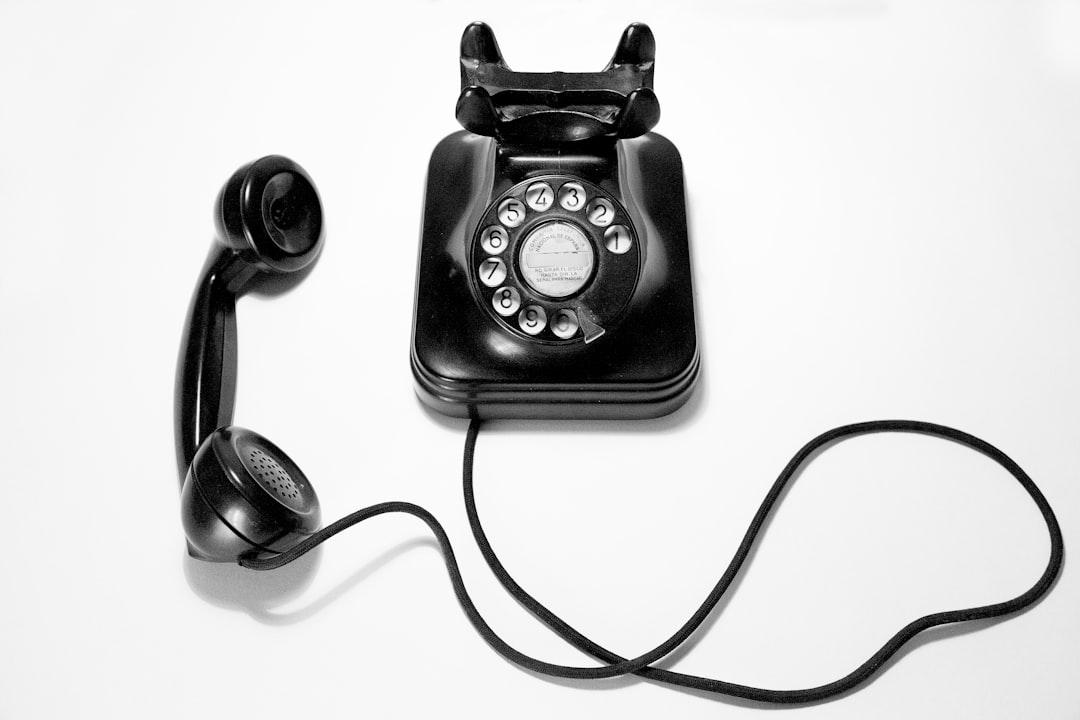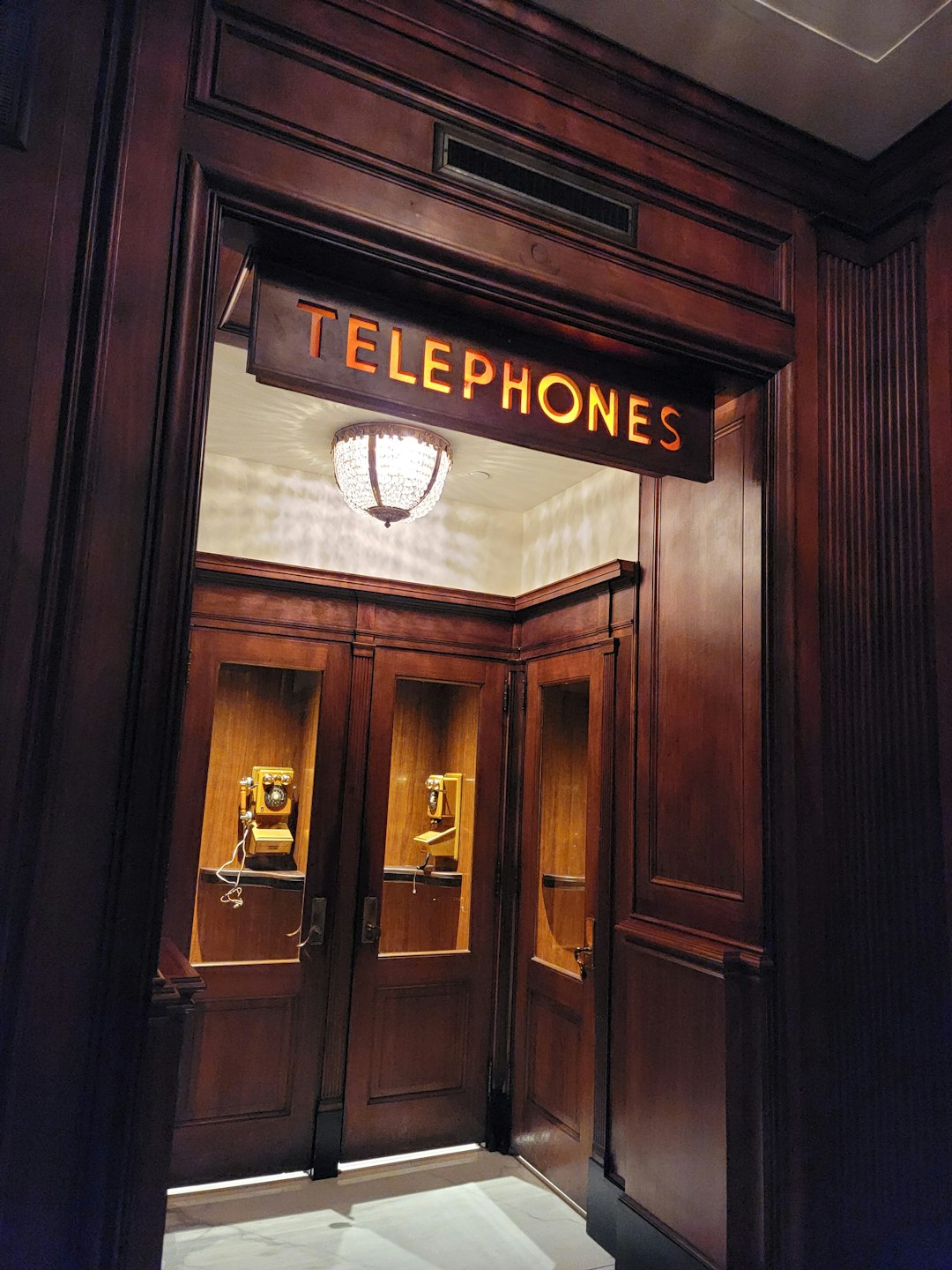In Chicago's freelance community, sophisticated robocall attacks targeting legal notices and personal information are on the rise. Freelancers must remain vigilant, verify caller identities, and use independent means to confirm authenticity to avoid becoming victims of these scams. By staying alert, exercising caution with unexpected calls, and consulting trusted sources, professionals can protect themselves from robocall attorneys in Chicago and safeguard their legal affairs. Registering for Do Not Call lists and keeping contact information private further reduces nuisance calls and potential business risks associated with fraudulent schemes.
“Chicago’s freelance community is facing a growing threat from sophisticated robocall scams, targeting individuals with false legal services offers. Understanding these robocall attorney schemes is crucial for freelancers to protect themselves. This article delves into the tactics used by scammers and provides essential guidelines on identifying and avoiding such calls. By mastering best practices, Chicago’s freelance workforce can safeguard their personal information and financial security from robocall attorneys and similar fraudulent activities.”
Understanding Robocall Scams Targeting Freelancers in Chicago
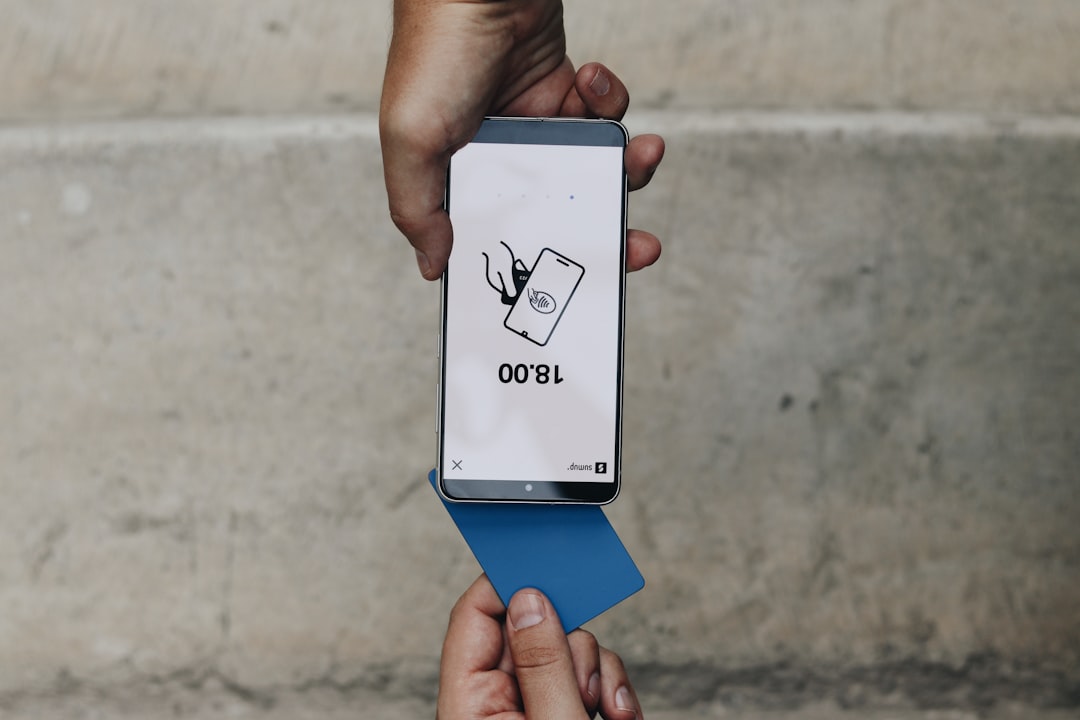
In the fast-paced world of freelance work, Chicago’s vibrant community of independent professionals can be a target for sophisticated scams, one of which is the rising trend of robocall attacks. These automated phone calls, often disguised as legitimate messages from law firms or government agencies, are designed to trick recipients into revealing personal and financial information. The scammers use high-pressure tactics and create a sense of urgency, claiming that legal action or fines are imminent if the recipient does not take immediate action.
Robocall attorneys in Chicago have become a common tactic for con artists preying on the fears of freelance workers. They may pose as representatives from well-known law firms, asking for sensitive details to “resolve an issue” or “verify your identity.” It’s crucial that freelancers remain vigilant and cautious when receiving such calls, especially if they’re asked for money upfront or personal data. Verifying the caller’s identity through independent channels is essential to avoid falling victim to these insidious robocall scams.
How to Identify and Avoid Robocall Attorney Scams
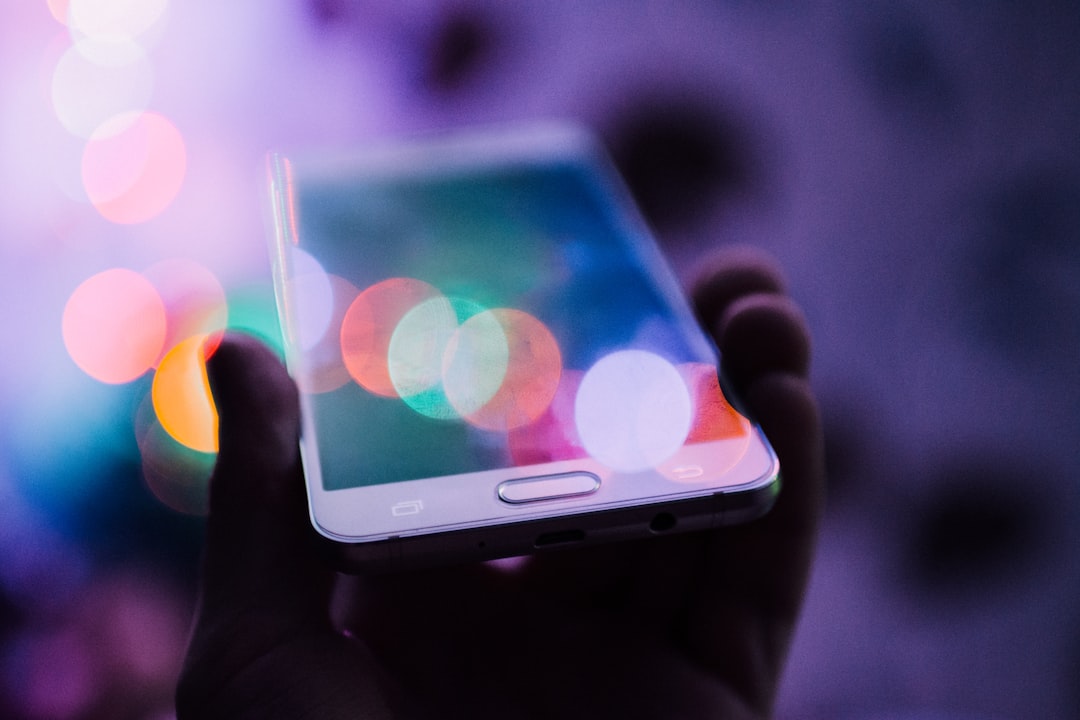
Recognizing and evading robocall attorney scams is essential for Chicago’s freelance community, given the rising number of automated frauds targeting legal services. These scams often manifest as unsolicited phone calls from robocall attorneys, who use pre-recorded messages to promote their services. Such calls may claim urgent legal issues or promise quick resolutions to fabricated problems.
To avoid these tricks, be wary of unexpected calls, especially if they require immediate action. Never provide personal or financial information over the phone unless you have independently verified the caller’s identity and legitimacy. Check online reviews before engaging any attorney, and reach out to trusted sources for legal advice. The Better Business Bureau (BBB) and local bar associations can help verify attorneys’ credentials and uncover any complaints against them.
Protecting Yourself: Best Practices for Chicago's Freelance Community
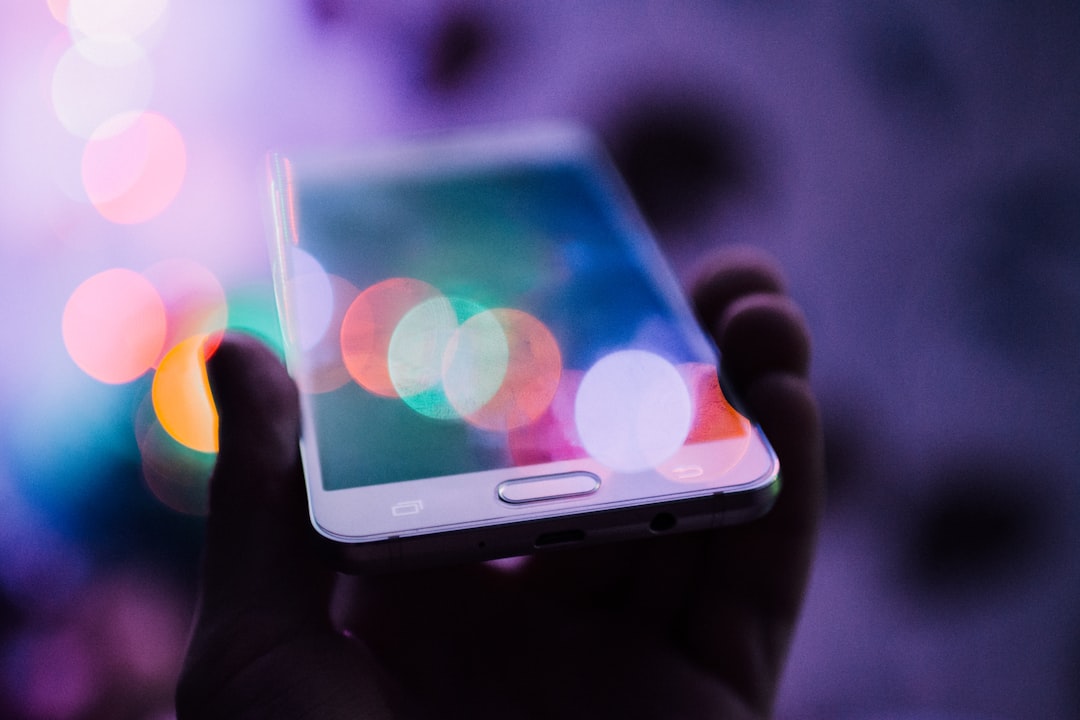
Staying ahead of robocall scams is essential for Chicago’s freelance community, as these automated calls can be a nuisance and even pose potential risks to your business. To protect yourself, it’s important to remain vigilant and adopt best practices. First, consider registering for Do Not Call lists, which can help reduce the number of unsolicited calls you receive. Additionally, never share personal or financial information over the phone unless you have independently verified the caller’s identity.
Another effective strategy is to verify the legitimacy of any unexpected calls, especially those claiming to be from robocall attorneys Chicago. Research the caller’s details through official channels and cross-reference with trusted sources. Keeping your contact information private and being cautious when sharing it can also minimize your exposure to such scams.
